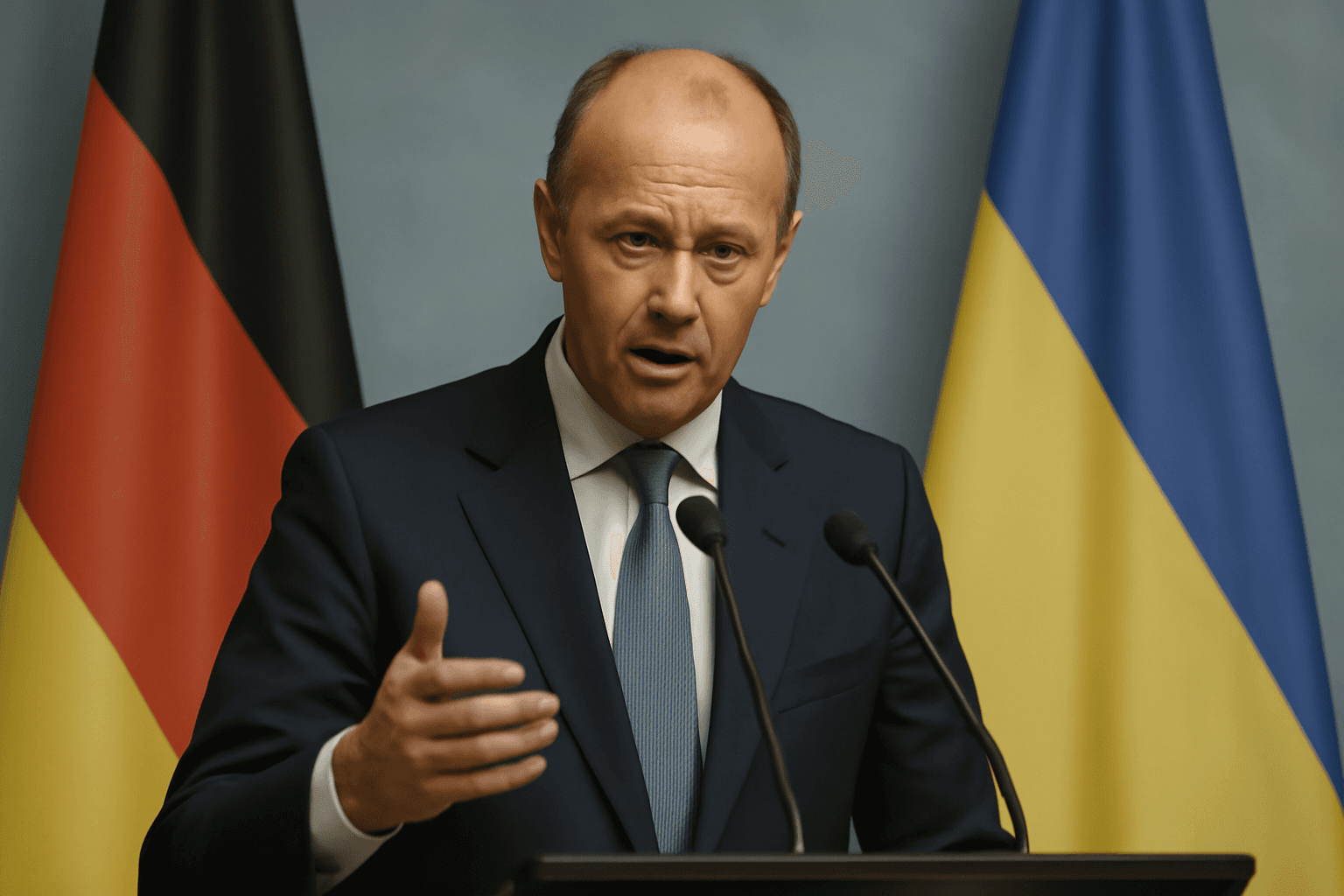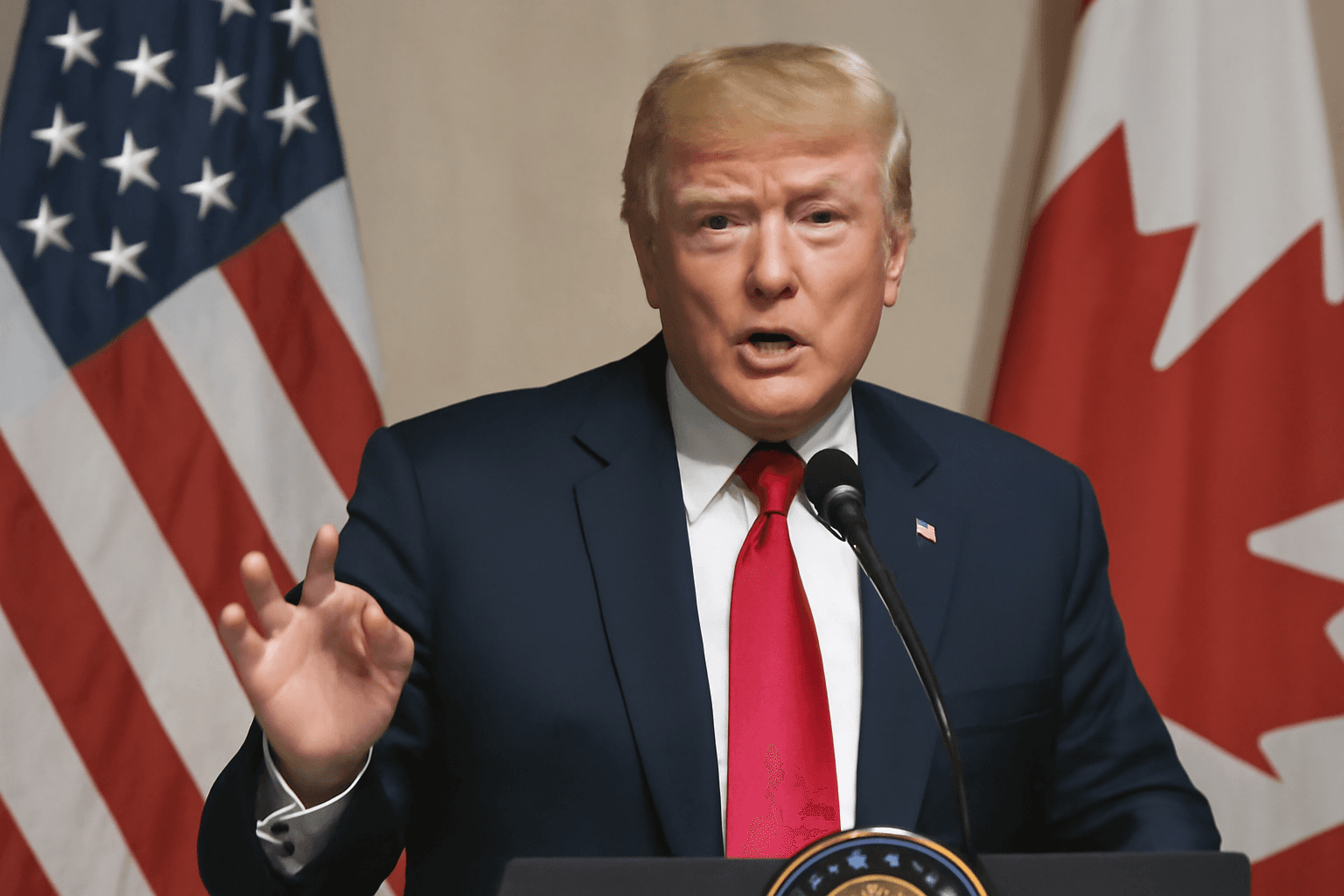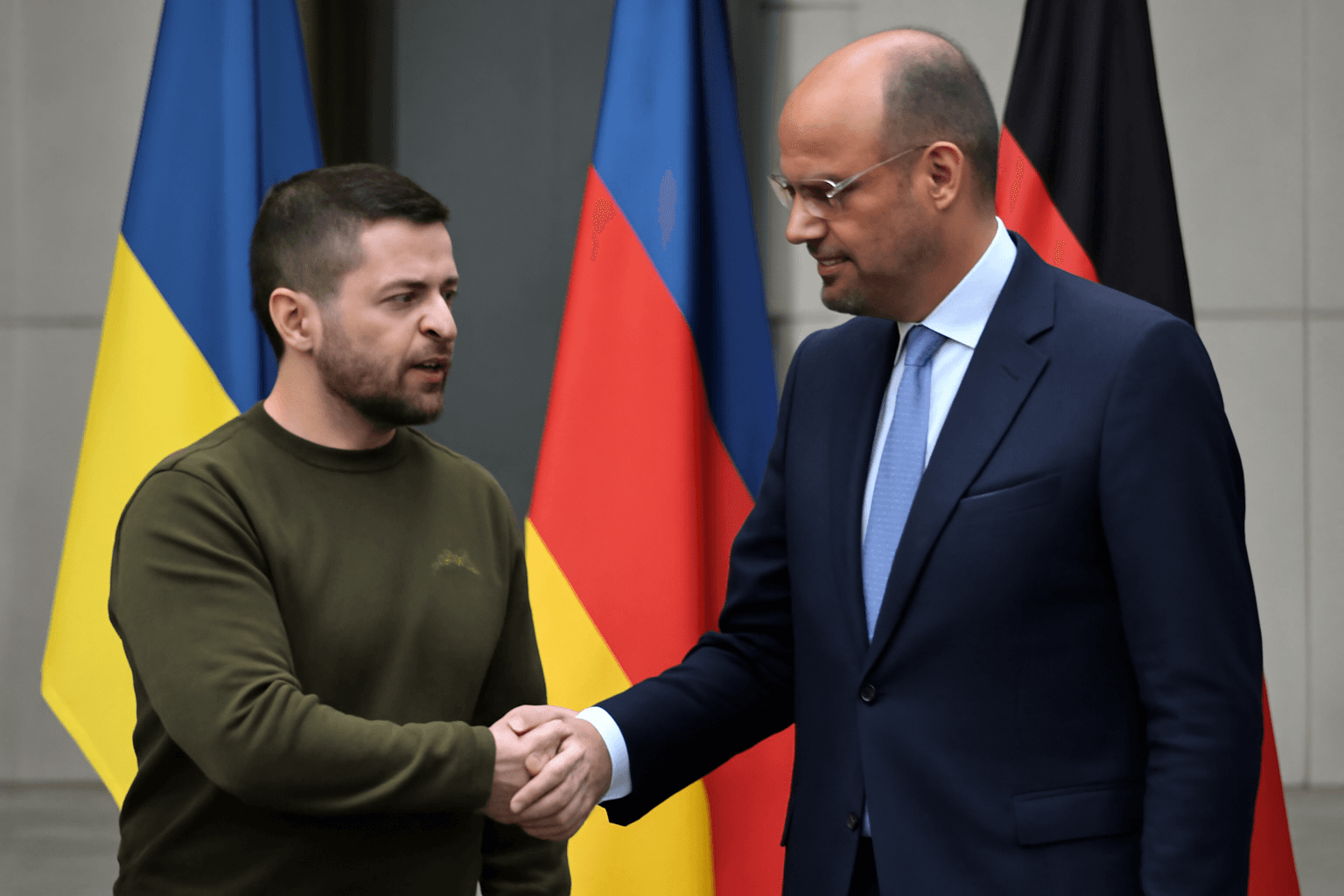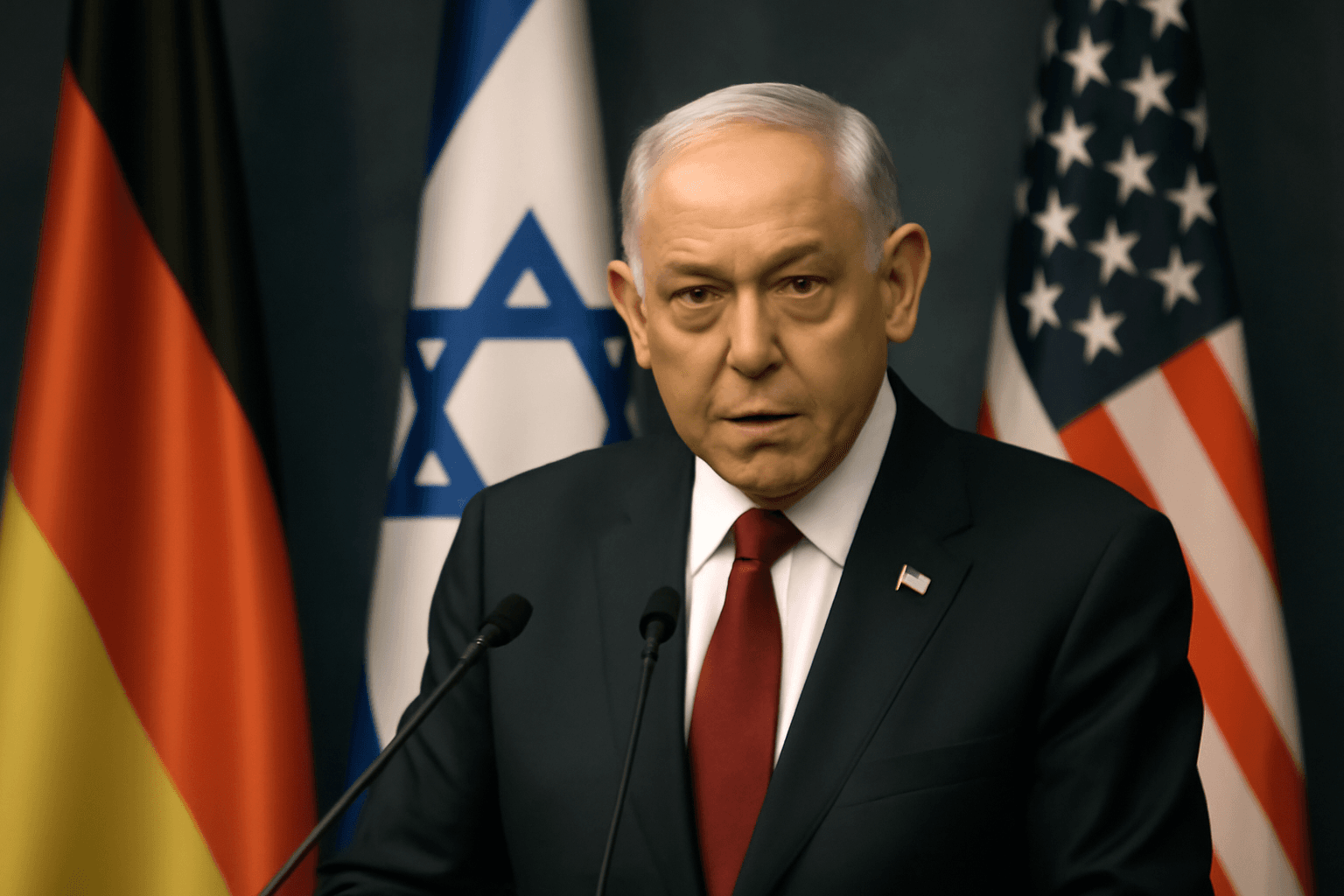Spain recently urged European nations to halt arms shipments to Israel amid growing international criticism of Israel's actions in Gaza. At a Madrid Group meeting hosted by the Spanish government, Foreign Minister José Manuel Albares advocated for an arms embargo and the suspension of Europe's cooperation agreement with Israel.
Spain's call for an immediate suspension of arms shipments to Israel was echoed amid participation from representatives of Germany, France, the UK, Italy, Egypt, Jordan, Saudi Arabia, Turkey, Morocco, Brazil, and multiple intergovernmental organizations. Despite this representation, only a few countries actually supply Israel with armaments.
Israel is unique in being both a significant arms importer and one of the world’s leading arms exporters. According to the Stockholm International Peace Research Institute (SIPRI), Israel ranked as the 15th largest arms importer globally in 2024, though its arms imports accounted for less than 2% of the global total and have declined by approximately 2.3% over the past five years.
Primary Arms Suppliers to Israel
The United States
The US stands as Israel’s largest arms supplier historically and following the October 7, 2023, attacks. Although the US share in Israel's imports has shrunk over the past decade, it still represents about two-thirds of Israel’s arms imports from 2020 to 2024, including aircraft, armored vehicles, and guided bombs.
The US has also provided substantial military aid to Israel, totaling $228 billion (€200 billion) in support between 1946 and 2024, with most recent aid earmarked for military expenses. The current agreement allocates $3.8 billion annually through 2028, predominantly spent on American military equipment and services.
Despite calls for embargoes, the US Senate has rejected attempts to withhold military assistance to Israel, underscoring the unlikelihood of changes in US policy in the near term.
Germany
Germany has been a long-time military and diplomatic ally to Israel. Between 2020 and 2024, Germany supplied roughly one-third of Israel’s imported arms, including naval frigates, torpedoes, armored vehicles, and ammunition. Germany’s ongoing submarine order for Israel further highlights this robust defense partnership.
While German Chancellor Friedrich Merz has expressed reservations about Israel's recent actions in Gaza, emphasizing that they are difficult to justify as purely anti-terrorism measures, official arms support continues. In 2024, Germany’s arms exports to Israel were valued at over €131 million ($137 million), although this reflects a reduction from the €326 million supplied in 2023.
Italy
Italy accounts for a small proportion—about 1%—of Israel’s arms imports. However, Italian law prohibits arms exports to conflict zones, and reports indicate Italy continued shipments worth approximately €5.2 million in 2023, some during the ongoing hostilities, despite official assurances to the contrary.
European Response and Challenges
Some European nations, including France, Spain, and the UK, have reportedly suspended arms export licenses to Israel or ceased shipments, yet these contributions represent less than 0.1% of Israel’s total arms imports. Notably, UK trade data revealed continued transfers of military items despite an official export ban.
Experts argue that a comprehensive arms embargo affecting Israel’s major weapons suppliers—the US and Germany—is necessary to exert meaningful pressure. As SIPRI researcher Zain Hussain pointed out, maximum impact requires coordinated embargo efforts involving these key nations.
Catherine Gegout, an international relations scholar from the University of Nottingham, emphasized that Germany's ongoing weapon supplies present a significant challenge for the European Union. She suggested Spain's push for an embargo serves both symbolic and practical purposes to counteract opposition to Israel's Gaza operations.
Conclusion
While Spain and some European nations advocate for arms embargoes against Israel in response to its military actions in Gaza, the reality of Israel’s weapons supply is dictated primarily by its main backers: the US, Germany, and to a lesser extent, Italy. Without changes in US and German policies, such embargoes face steep obstacles, underscoring the complex geopolitical dynamics shaping military support to Israel.



















